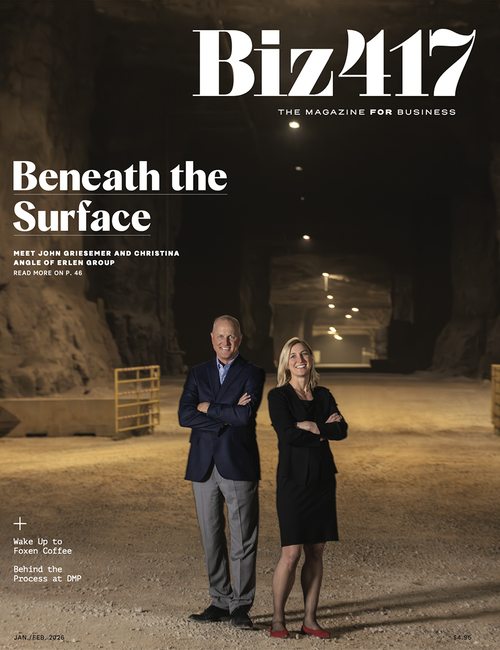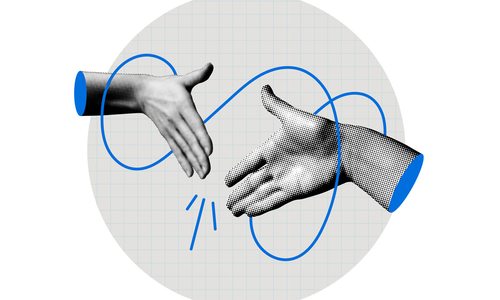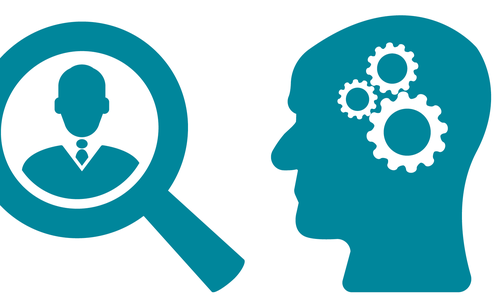
Strategy
How Big Brothers Big Sisters of the Ozarks Created a Sustainable Funding Source
Waning cash flows are enough to make any executive frantic, especially those who are working in the nonprofit sector. One local consultant is helping organizations find funding that lasts.
By Karen Bliss
May 2018

Many nonprofits are used to operating on lean budgets, but limited resources can mean limited impact. And what happens when donations and other funding sources dry up?
In 2014, Big Brothers Big Sisters of the Ozarks (BBBSO) was looking for a way to generate sustainable revenue and decided to launch the Think Big Foundation, which sells donated clothing items to various partners. Katie Davis was CEO of the nonprofit at the time and attributes much of BBBSO’s success to The Great Game of Business.
After stepping down as CEO, Davis realized she had an opportunity to use her experience to help other organizations. So she established a partnership with The Great Game to develop the open-book management concept for social sectors. “I just saw a need and knew that I could use my expertise to fulfill that need while impacting our local community and staying connected to a mission I so deeply care about,” Davis says.
In January 2017, she started Dream Big Consulting to develop a workshop especially for nonprofit, government and educational institutions. In these workshops, she assists participants in finding sustainable sources of income. Davis has held three different workshops with 15 different organizations and done one-on-one coaching for three organizations. Her biggest client is Big Brothers Big Sisters Lone Star, one of the largest BBBS chapters in the nation with $13 million in annual revenue and 150-plus employees, she says.
Although social sector organizations operate differently than private businesses, the same concepts can be applied. “When working with nonprofits, I emphasize the great in Great Game more than business versus social sectors,” Davis says. “Nonprofits must learn that it’s okay to make money in order to make their services sustainable, and they need to differentiate themselves from other nonprofits just like great businesses do. Mission makes the social sector different than the private sector; however if you have no money, you have no mission. Focusing on self-funded opportunities and sustainable streams of revenue is key.”
Start determining your organization’s points of differentiation by examining what need you can fulfill based on the strengths of yourself, your team and the nonprofit. Davis recommends asking yourself the following: “What makes you unique? What talent, knowledge or expertise do you possess that could help others?”
Next, ask for ideas from staff members, donors and volunteers. “You’ll have to sort through them and take a hard look at the [return on investment], but you would be surprised how many great ideas you will receive from the people you encounter every day,” Davis says. Finally, know your why and make sure growth aligns with your mission.












